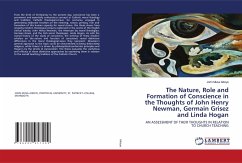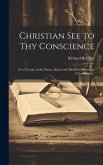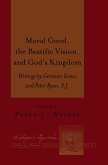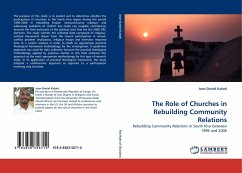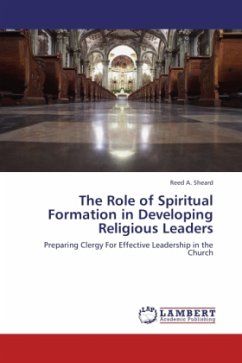From the birth of Christianity to the present day, conscience has been a prominent and essentially contentious concept in Catholic moral theology and tradition. Catholic theologians have, for centuries, engaged in generating elaborate treatises on the meaning, nature, primacy, role and formation of this human capacity for moral choice. this thesis draws from ongoing modern theological enquiry evidenced in the works of the English clerical scholar, John Henry Newman, the American lay moral theologian, Germain Grisez, and the Irish moral theologian, Linda Hogan. As with the overall history of the study of conscience, the writings of these modern scholars on the nature and function of conscience reveal distinctive differences in the moral theological views they represent. Newman's general approach to the topic could be characterised as being distinctively religious, while Grisez's is driven by philosophical/conformist principles and Hogan's by the tenets of personalism. The thesis evaluates the usefulness and efficacy of these distinctive approaches by examining them in relation to the overall teaching tradition of the Catholic Church.
Hinweis: Dieser Artikel kann nur an eine deutsche Lieferadresse ausgeliefert werden.
Hinweis: Dieser Artikel kann nur an eine deutsche Lieferadresse ausgeliefert werden.

